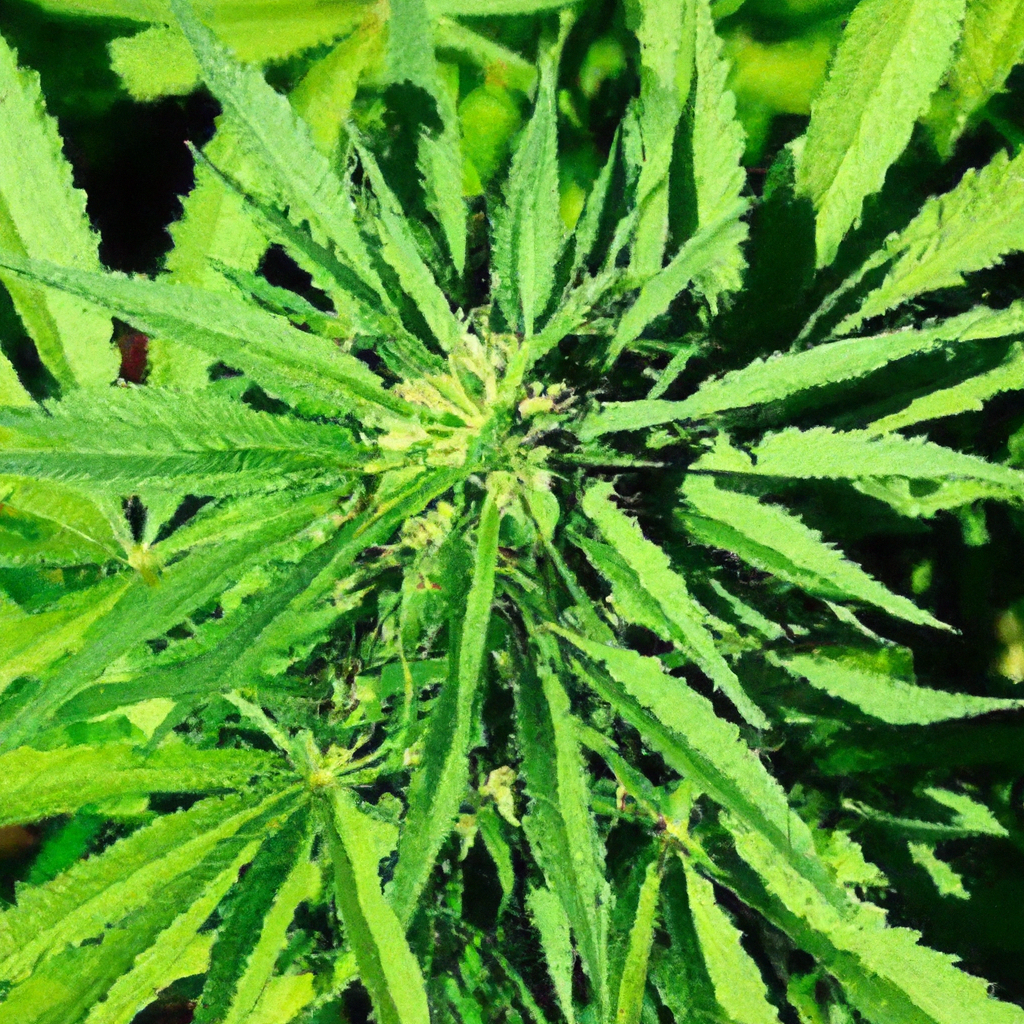Your cart is currently empty!
In the quest for higher yields and healthier plants, organic cannabis cultivation is gaining momentum. This method not only promotes environmental sustainability but also enhances the quality and safety of the final product. In this article, we explore the best practices for cultivating cannabis organically, focusing on natural fertilizers, compost, and pest control methods, while prioritizing the health of the ecosystem.
The Foundation: Building Healthy Soil Ecosystems
A robust soil ecosystem is the cornerstone of organic cannabis cultivation. It involves enriching the soil with organic matter, fostering a diverse microbial community, and avoiding synthetic chemicals.
- Compost: Use kitchen and garden waste to create rich compost, which adds nutrients and improves soil structure.
- Cover Crops: Grow plants like clover or alfalfa between cannabis cycles to fix nitrogen and improve soil fertility.
- Beneficial Microbes: Introduce mycorrhizal fungi and beneficial bacteria to enhance nutrient uptake and plant resilience.
Nourishing with Natural Fertilizers
Natural fertilizers are pivotal to an organic setup. They provide essential nutrients without the harmful effects of synthetic alternatives.
- Bone Meal: A great source of phosphorus, essential for strong root development and flower production.
- Fish Emulsion: Offers a balanced source of nitrogen, promoting lush, green growth quickly.
- Seaweed Extract: Packed with micronutrients, it aids in plant stress resistance and promotes robust growth.
Natural Pest Control Strategies
Managing pests organically requires a proactive, multifaceted strategy, focusing on prevention and biological controls.
- Companion Planting: Planting garlic or marigold to repel pests and using basil to attract beneficial insects.
- Beneficial Insects: Introducing ladybugs or predatory mites to control aphid and mite populations.
- Neem Oil: A natural insecticide that disrupts the life cycle of pests like spider mites and whiteflies.
Benefits of Organic Cannabis Cultivation
Organic cannabis offers numerous benefits that impact both the consumer and the environment.
- Environmental Impact: Reduces chemical runoff, promoting biodiversity and healthier ecosystems.
- Consumer Safety: Minimizes exposure to potentially harmful pesticides, ensuring a cleaner product.
- Flavor and Aroma: Organic methods often enhance the terpene profiles, resulting in richer flavors and aromas.


Leave a Reply